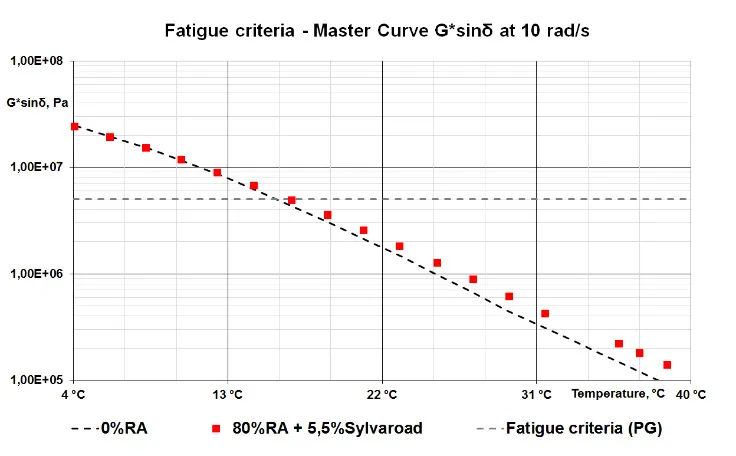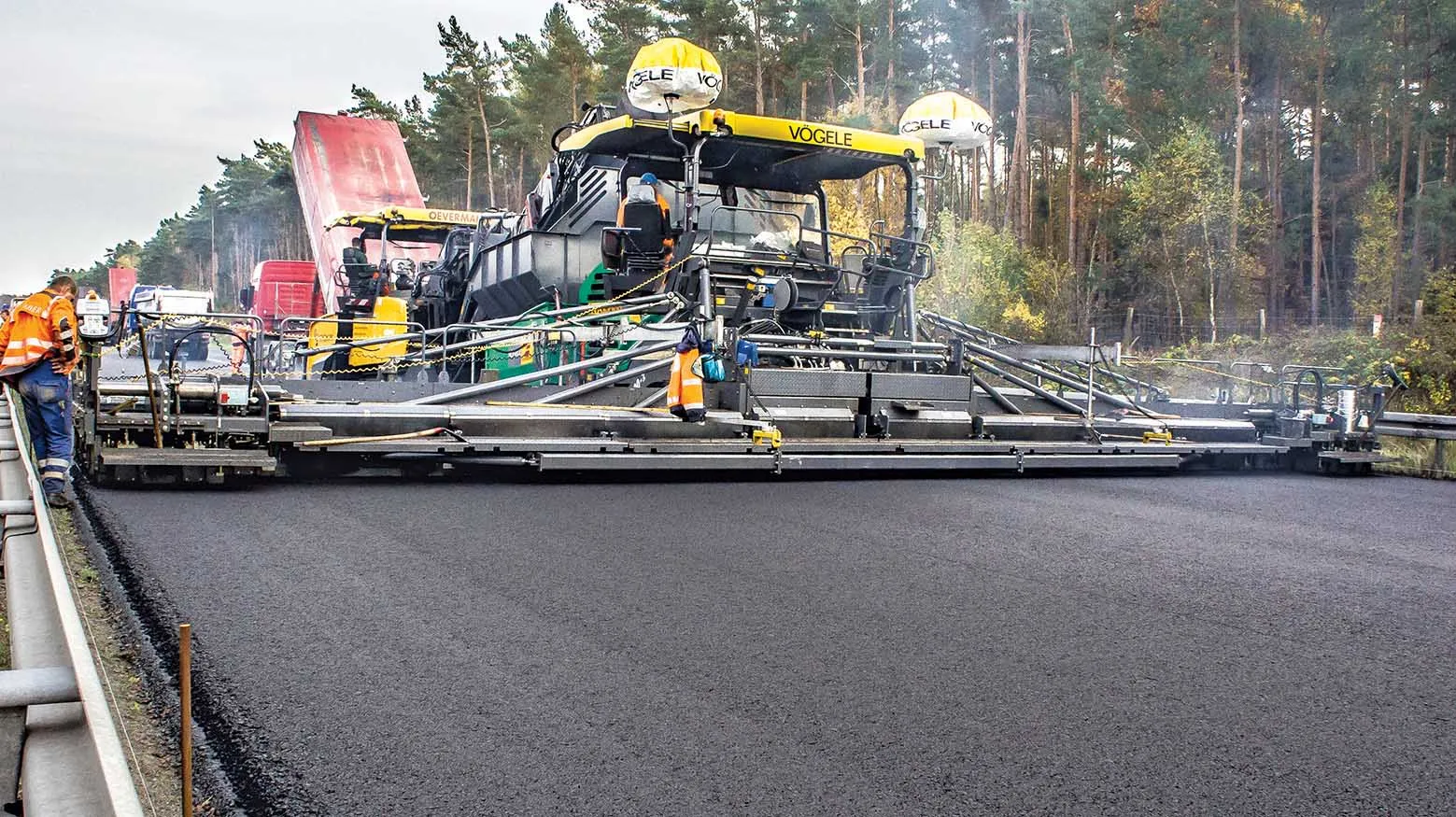A recent study by Sweden’s Chalmers University of Technology concludes that pavement and road snowmelt systems reduce the risk of slipping in winter conditions.
The study compared statistics from 20 of the country's largest cities, according to a report in the newspaper Göteborgs Posten. It found that the difference in accidents between heated ground and unheated ground was so large that four of five slipping accidents could be avoided through snowmelt systems.
The
Early last year, the university published a paper on hydronic heating pavements - HHP – completed by an engineering student as part of his doctoral work. An HHP system, consisting of pipes embedded into the road, is based on heat transfer between the pipes and the road surface. Thermal properties of the road materials will play an important role in the efficiency of the HHP system, according to the paper Thermal Properties of Asphalt Concretes and Numerical Simulations, by Raheb Mirzanamadi.
Sweden: argument for snowmelt systems heats up
A recent study by Sweden’s Chalmers University of Technology concludes that pavement and road snowmelt systems reduce the risk of slipping in winter conditions.
The study compared statistics from 20 of the country's largest cities, according to a report in the newspaper Göteborgs Posten. It found that the difference in accidents between heated ground and unheated ground was so large that four of five slipping accidents could be avoided through snowmelt systems.
November 12, 2018
Read time: 2 mins









